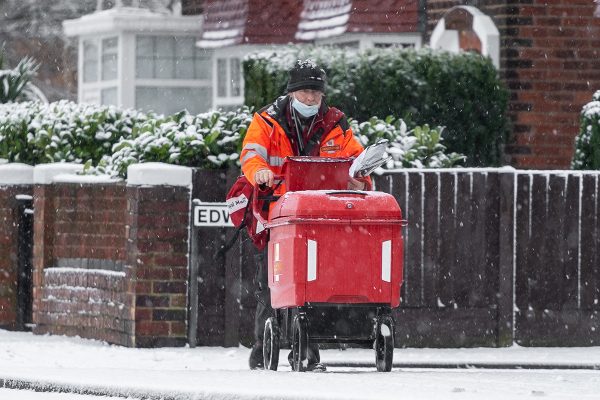Data aggregated across the Zenstores platform has been released, highlighting weekly sales trends and the effect of Black Friday in kicking off the Christmas rush for online sellers in the UK. It’s really interesting as Zenstores users are generally small businesses, so this is data that applies to the typical independent eBay and Amazon business.
Friday and Saturday are shown to be the slowest days of the week for online selling, while Sunday, Monday and Tuesday are the busiest. Figure 1 highlights this weekly pattern of order volumes.
The pattern holds true for three months, before the picture changes in mid-November as Black Friday (25 November) looms.

The week leading up to Black Friday sees higher order volumes than usual, before the Friday itself explodes into action with order volumes that are 133% higher than the previous busiest day (Monday 21st November), and 158% higher than the previous busiest Friday (18 November).
This data, which is restricted to orders placed with microretailers, suggests that the proclamations that Black Friday doesn’t affect smaller online sellers are untrue. A rising tide lifts all boats, as the adage goes, so perhaps heavy discounting by bigger retailers and the generally higher levels of shopping activity are having a knock-on effect on smaller sellers, or these sellers themselves are actively cashing in on Black Friday by initiating promotions of their own.
The floodgates open following Black Friday

Despite a big dropoff in volume from Black Friday, the Saturday immediately following it was still much busier than every Saturday before it, paving the way for three weeks of exceptionally high sales volume in the run up to Christmas. Daily sales volumes often approached the level of Black Friday.
Interestingly the weekly pattern of Sunday and Monday being the best sales days, with a gradual decline towards the significantly-lower volume sales days of Friday and Saturday, remained consistent throughout this period of overall much higher sales volume.
Average postage costs on the rise as the Christmas deadline looms
Generally average postage and packaging costs per order stayed within a narrow band between August and early December. However, with Christmas looming average postage and packaging costs leaped dramatically from December 16th, an event perhaps triggered by sellers switching to more expensive delivery services to ensure orders reach buyers before Christmas.

Note: Postage and Packaging data includes orders with free shipping.
Done and dusted by the 16th
As we can see in each of the charts, sales start to decline rapidly from Friday 16 December. This suggests that either consumers have finished shopping or perhaps higher postage and packing costs and scepticism about delivery times are putting them off late online purchases. Either way, it’s clear that the we’re now on the other side of the pre-Christmas sales peak.
If you like the data above and would like to track it as it applies to your business and be able to keep track of your personal sales trends, take a look at the all new Zenstores Insights service.









